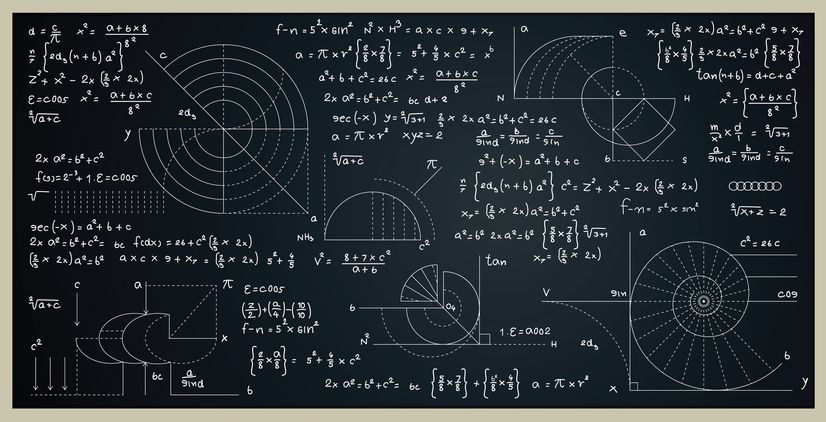This page is licensed under Creative Commons under Attribution 4.0 International. Anyone can share content from this page, with attribution and link to College MatchPoint requested.
Following in Oppenheimer's Footsteps: 10 Colleges for Aspiring Physicists
As your child applies for college as a future physics major, look for schools with opportunities to gain hands-on lab experience like famous physicists did. Programs that let students work with professors on experiments and research, like Robert Oppenheimer did, are ideal. While admission to top physics colleges is competitive, the right fit will offer research chances to prepare for careers or grad school. With determination, your driven physics student can follow in the footsteps of greats like Oppenheimer by finding the perfect college match.

As a high school senior dreaming of becoming the next pioneering physicist like J. Robert Oppenheimer, choosing the right college is incredibly important. You'll want to find a school with a top-tier physics program, opportunities for undergraduate research, and professors at the forefront of modern physics. When making your college list, focus on prestigious research universities, but also add some safety and match schools where admission is more likely.
No matter where you attend, choose a school that will let you dive deep into physics research even as an undergrad. Look for opportunities like assisting professors in the lab, joining student physics groups, and conducting your own experiments. This hands-on experience can help prepare you for graduate-level physics just like Oppenheimer did as a young student.
While the college you attend isn't everything, academics should be a top priority for future physicists. Look for schools with:
- A proven record of physics research excellence
- Opportunities to participate in cutting-edge research
- Influential professors pushing the boundaries of physics
Here are some colleges to consider:
Massachusetts Institute of Technology (MIT) - Oppenheimer's alma mater and top physics school in the world. Very competitive. MIT has world-class physics facilities including a nuclear reactor and offers unparalleled research opportunities.
California Institute of Technology (Caltech) - Where Oppenheimer did graduate studies. Extremely selective. Caltech manages JPL and NASA labs and has pioneered work in quantum physics and astrophysics.
Stanford University - Excellent physics program and proximity to SLAC National Accelerator Laboratory. Stanford's physics department works closely with SLAC and touts many illustrious alumni.
University of California, Berkeley - Oppenheimer taught here. Highly ranked physics and nuclear engineering. UC Berkeley has made many physics breakthroughs from atom smashers to neutron bombs and has extremely strong academics.
Princeton University - Strong physics research and Nobel Prize winners. Prestigious but very low acceptance rate. Princeton's physics program covers all major fields including plasma, quantum, and particle physics with renowned faculty.
University of Michigan - Top public university with highly ranked physics department. More reasonable admissions. Michigan's physics department conducts experiments at CERN's Large Hadron Collider and other major research facilities.
Georgia Tech - Great engineering and physics programs. More attainable option. Georgia Tech's physics program specializes in condensed matter, nuclear and particle physics, and interdisciplinary research.
University of Maryland - Up-and-coming physics research reputation and higher acceptance rate. Maryland's Center for Nanophysics and Advanced Materials has led breakthroughs in detecting elusive particles.
University of Arizona - Strong astronomy and astrophysics program. Over 80% admission rate. The University of Arizona is home to the Mirror Lab casting giant mirrors for telescopes like Hubble.
Iowa State University - Well-regarded physics department. Over 80% of applicants admitted. Iowa State's physics program specializes in applied physics, condensed matter physics and alternative energy sources.
With focus and determination, you can get your physics career off to a great start, just like Robert Oppenheimer did.


